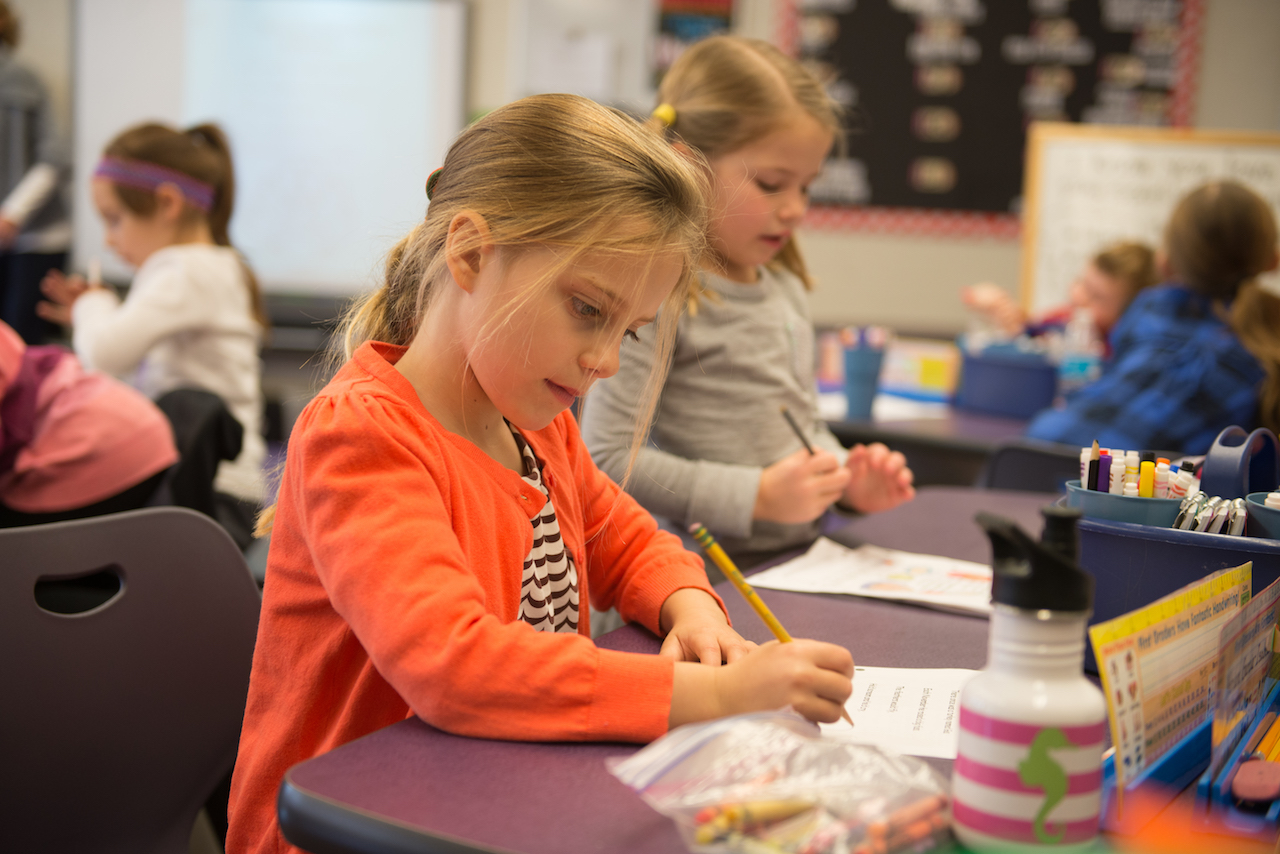Below are resources for early childhood professionals and those serving the early childhood community.
Establishing the building blocks of high-quality, early childhood education Decades of research, across numerous disciplines, support one fundamental premise: The first years of a child’s life represent a period of incredible growth and opportunity. For example, over 90 percent of brain development happens before the age of five. And, just over the first year of life, a child will form more than one million new neural connections every second. Given that both single and married parents of young children are very often employed outside the home, a high-quality early childhood education represents the greatest opportunity we have to ensure all children realize their full potential.
How Schools, Districts, and Communities Are Joining Forces to Bolster Early Learning A common complaint in the early-childhood field is that several different entities exist to support young children and their families, but those organizations often don’t work together. But in a number of communities across the country, schools, districts, and early-childhood providers have come together to dismantle those organizational silos. For example, Cherry Park Elementary School in Portland, Ore., a part of the 9,700-student David Douglas district, runs a summer kindergarten transition program to prepare young students for school, supports a home-visiting program, operates a food bank, and offers cooking classes and financial literacy programs.
A World Ready to Learn: Prioritizing Early Childhood Education UNICEF’s first global report on pre-primary education presents a comprehensive analysis of the status of early childhood education worldwide. It also outlines a set of practical recommendations for governments and partners to make quality pre-primary education universal and routine.
In the second year of statewide assessment, three out of four Illinois children still aren’t kindergarten ready More than three-quarters of Illinois children are still falling short on kindergarten readiness, according to data released Tuesday and collected statewide last fall. This is the second year Illinois has implemented the Kindergarten Individual Development Survey (KIDS) — an observational assessment by teachers who log developmental behaviors to gauge kindergarten readiness. Most of the data points saw slight increases of one to five percentage points from the previous year.
GAO Report Examines Patchwork of Early Learning and Care Programs From State to State Head Start and the Child Care Development Fund (CCDF) provide critical funding for high-quality early learning and care programs, and yet they are able to serve only a small fraction of eligible children. A report released last week by the Government Accountability Office (GAO), which serves as the official audit, evaluation, and investigative institution for the federal government, explains how state-funded early care and education (ECE) programs help extend the reach and impact of quality programs.
Sharing A Vision Biennial Conference This exceptional conference being held Oct. 2–4 in East Peoria is planned to meet the needs of early childhood professionals and families in the state and is coordinated by the Illinois Division for Early Childhood of the Council for Exceptional Children, in collaboration with the Illinois State Board of Education and the Illinois Department of Human Services. The joint position statement released in 2009 by DEC and the National Association for the Education of Young Children offers a definition of inclusion. It also includes recommendations for how the joint position statement can be used to improve early childhood services for all children.

